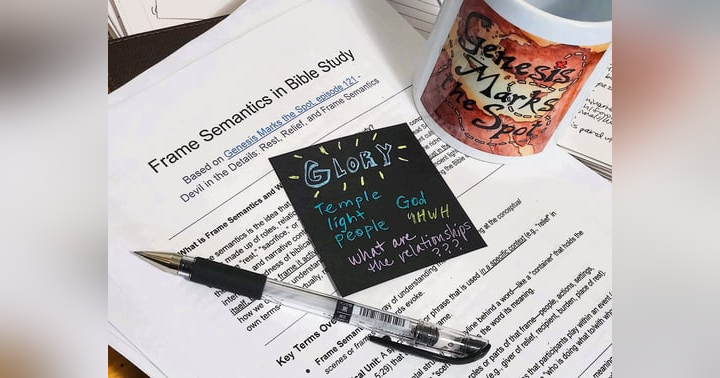Ghosts of the Past: Fake Dire Wolves and the Ethics of Being

This might seem a bit off-topic for a blog about biblical theology, but the whole “dire wolf” buzz deserves some attention—and not just because the pups are adorable (because they are).
These colossal cuddly canids that Colossal Biosciences cobbled together from fragments of genome and nostalgia are not, in fact, dire wolves. I’ve seen some people double down saying that they are, but even the company clarifies that they are only functionally dire wolves.
Why does it matter? Because how we define things—especially life, identity, and species—shapes the way we think about personhood, technology, and even the image of God.
Guys, it’s a marketing scam. A really adorable, fluffy marketing scam. But a marketing scam nonetheless.
Here's why I think it does matter that we don't go around calling them dire wolves: because definitions and distinctions are important and there's implications to those.
Quote from the Joe Rogan Experience with Ben Lamm of Colossal Biosciences, when they're discussing “functional de-extinction”:
"...the general point of the the people is that they want to pick one speciation definition and adhere us to that and if you do that no animal including our animals will fall into one species…"
That's definitional.
They are defining these as dire wolves because they have some characteristics and some of the genes that would have made up the genome, and because they would fill an ecological niche (how do you fill a niche that no longer exists??). So they are “functionally” dire wolves.
They’re using a functional definition to justify the name, and I get that—but we still need to insist on an ontological one, and here's why:
Taking the conversation over to "function" explicitly is a step towards saying something like: "a human is only a human if they function like one, and oh here's what we mean by function." Who gets to decide who/what functions like a human? This has clear implications for human personhood in the womb or for the disabled, and also for robots/ai.
Image of God, anyone?
Now, normally I really like conversations that center on function and feel like most things fit that. But it's too much of a leap to say that ontology doesn't matter.
The image of God is a status, and one might say that primarily it's a function. But do not divorce that from ontology or you end up in places you don't want to be. Similarly, the divine council is functional and not ontological per se. But we aren't all yet in the divine council permanently because it does go along with an ontological change.
Now that the line is blurred with these designer doggos, people don't understand the nuance. Most will presume that these are, in fact, ontologically dire wolves, not just genetically modified wolves that "fit the ecological niche."
It wouldn’t be hard—or dishonest—to say these are “custom-built canines with a prehistoric aesthetic” or “gray wolves wearing dire wolf cosplay.” (Dire wolves that, incidentally, look a lot like Ghost from Game of Thrones.) But it’s easier, more marketable, and frankly more fun to just say they’ve bred dire wolves.
It's misleading when people are going to presume the ontological bit.
There's no harm in having clear definitions and communication, unless there's an agenda (perhaps a "relatively" harmless one, such as, "people will click on more headlines and we'll get more press and more money to do the next thing," but others are not so harmless).
The ethics question should be cropping up here, and it’s going to be important what motivations and goals are.
Others are catching on to the same concerns...
Why They're Lying To You About The Dire Wolf
I think that guy’s on to something; this is about designer genetics, not “conservation.” No one needs to conserve dire wolves. And if we just shrug our shoulders and tell ourselves that we can bring back any extinct animals…that’s not a good position, ethically. No one is “bringing anything back” here. They’re playing a shell game. And when someone's playing a shell game, we should be paying attention to what the real goals are.
In the end, this isn’t just about dire wolves—or even Frankenfloofs. It’s about how we define identity, purpose, and what it means to be created. Clarity matters—because the stakes are far higher than clever marketing.









